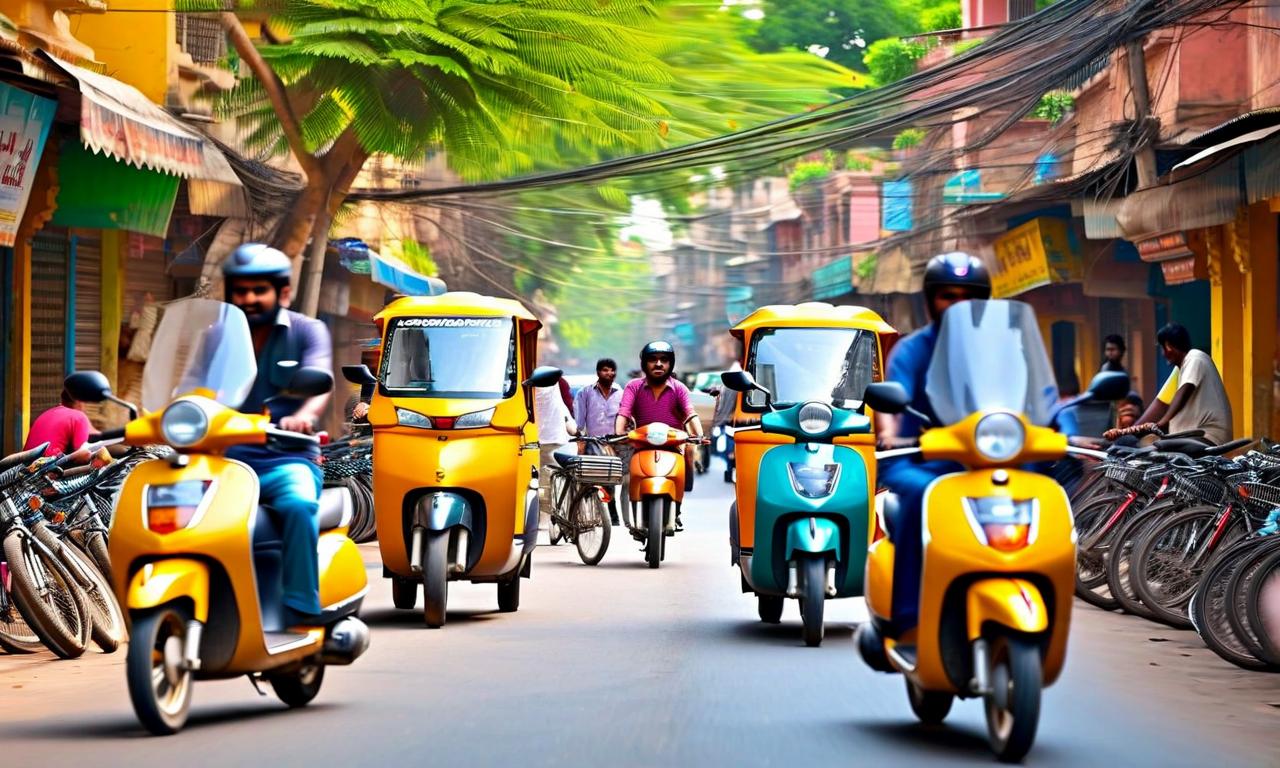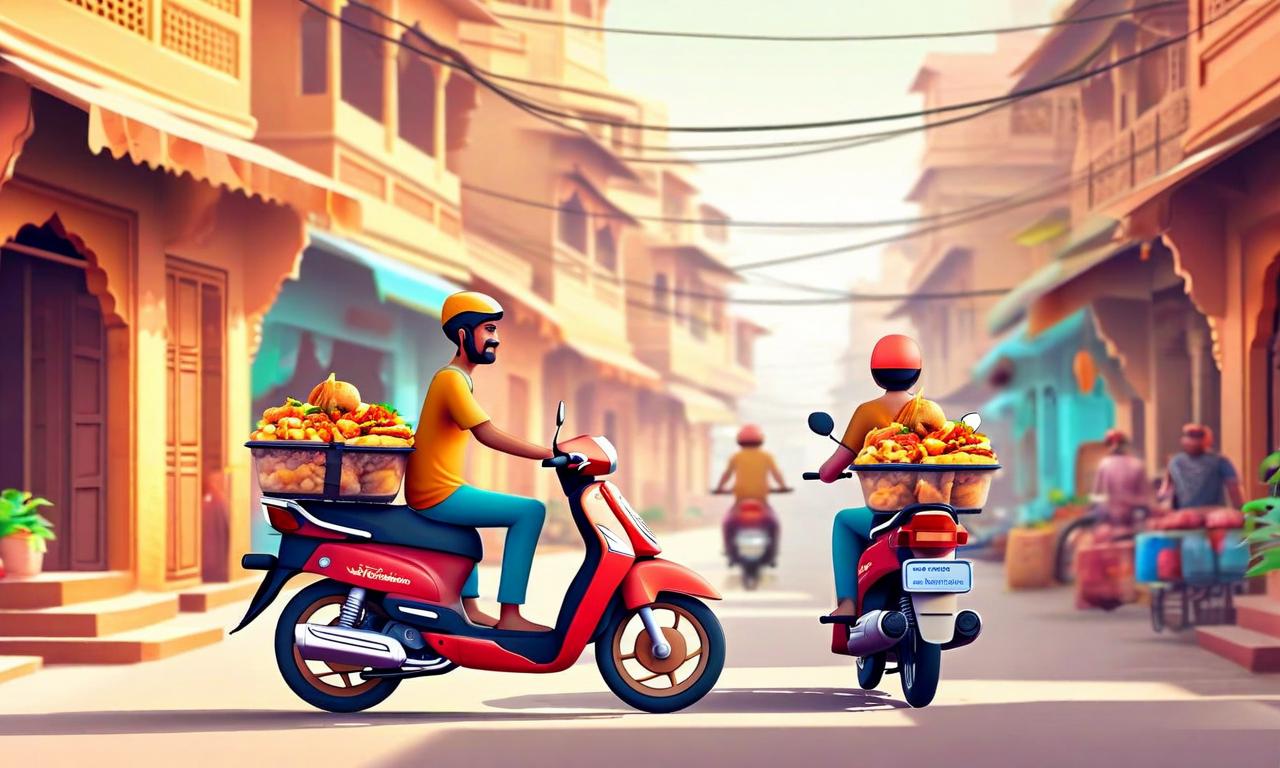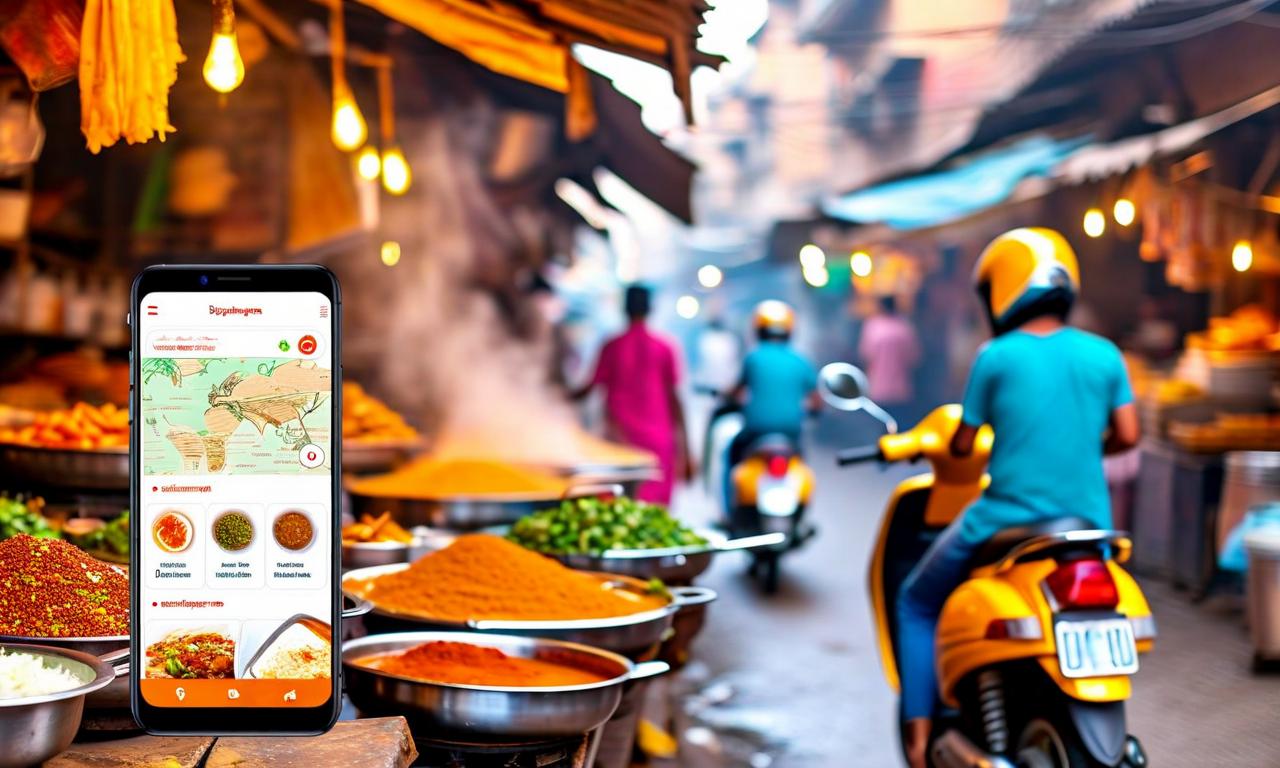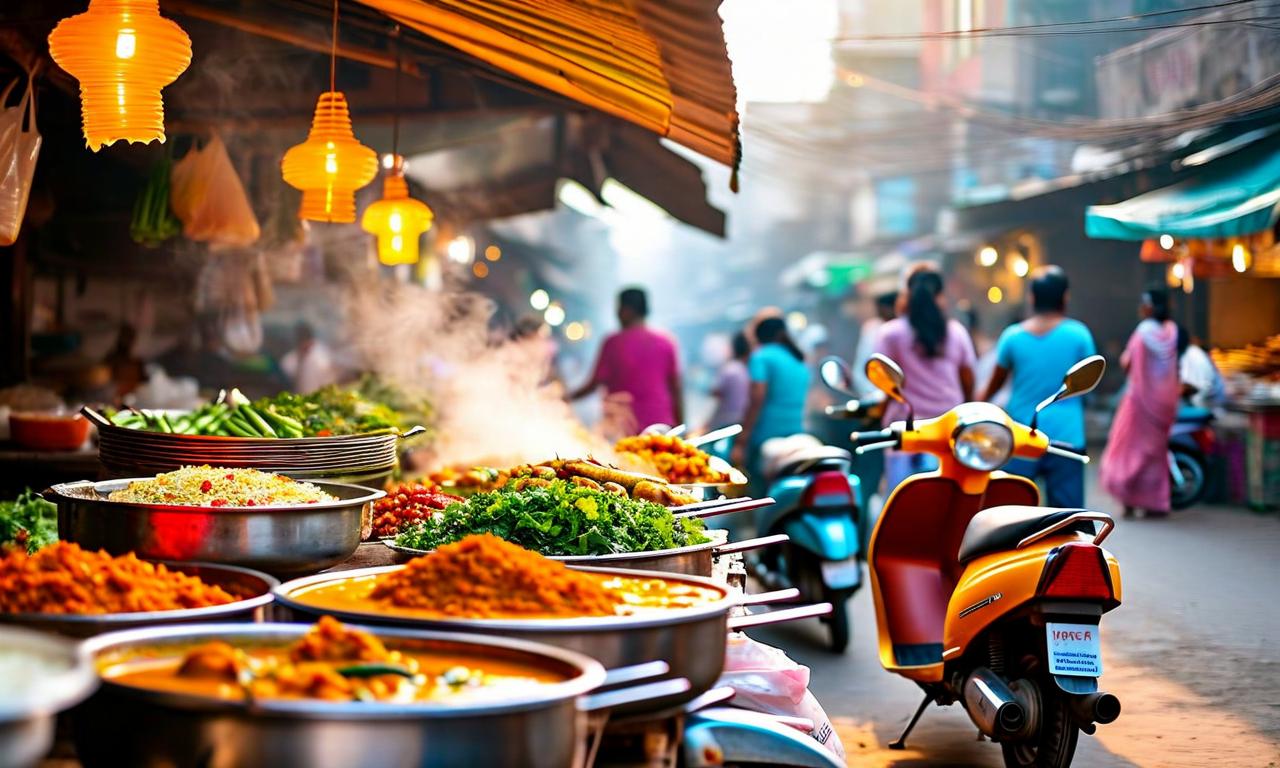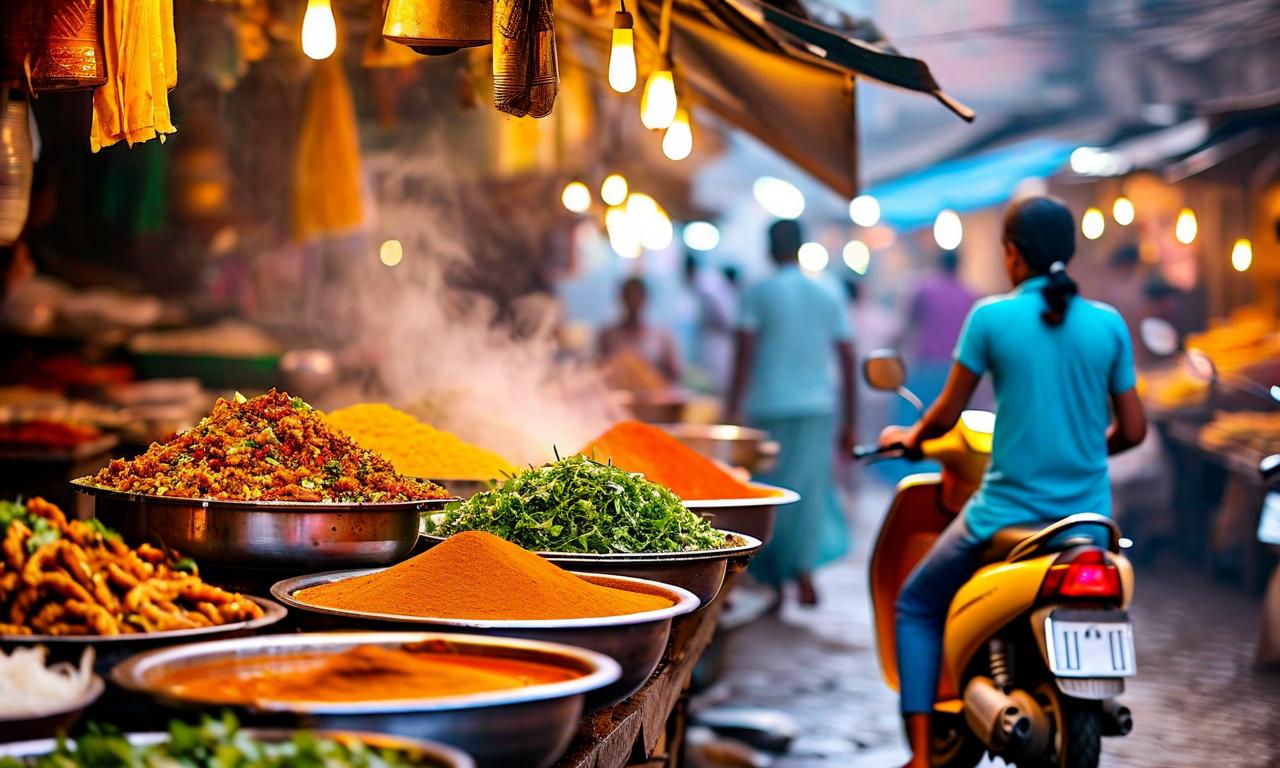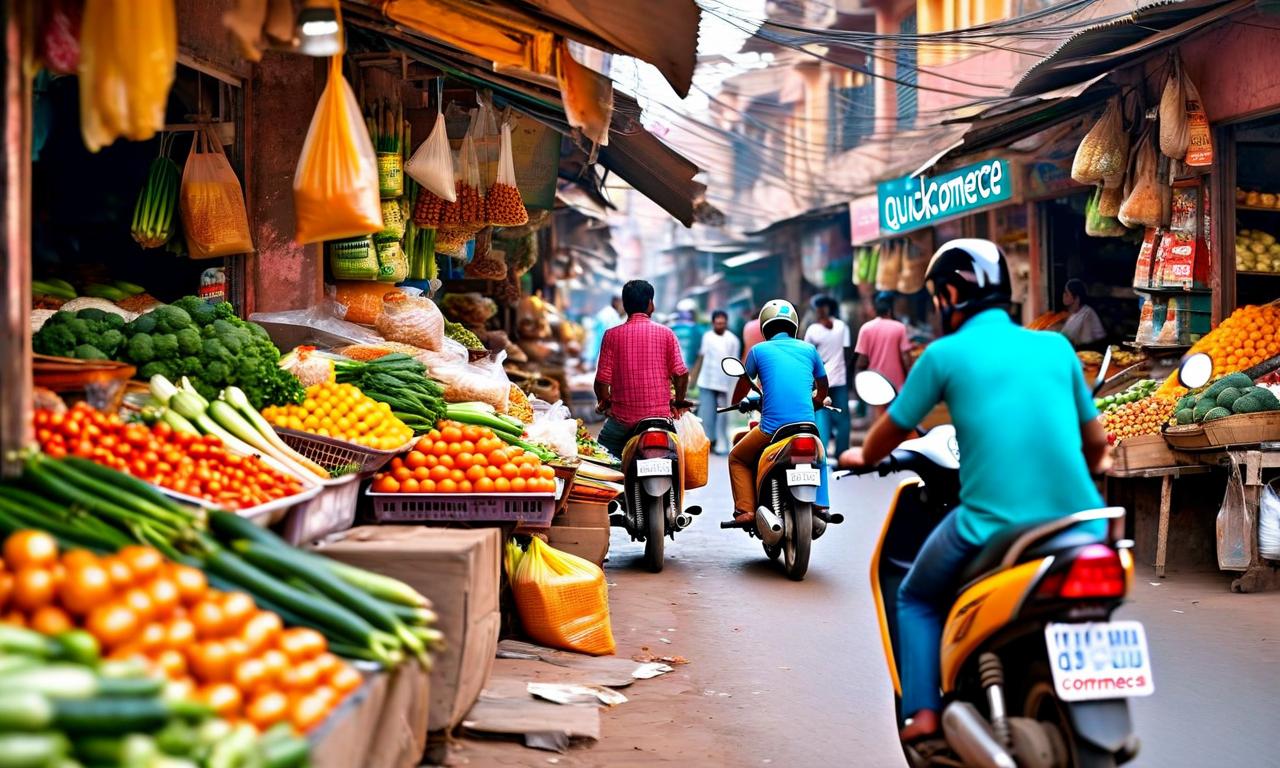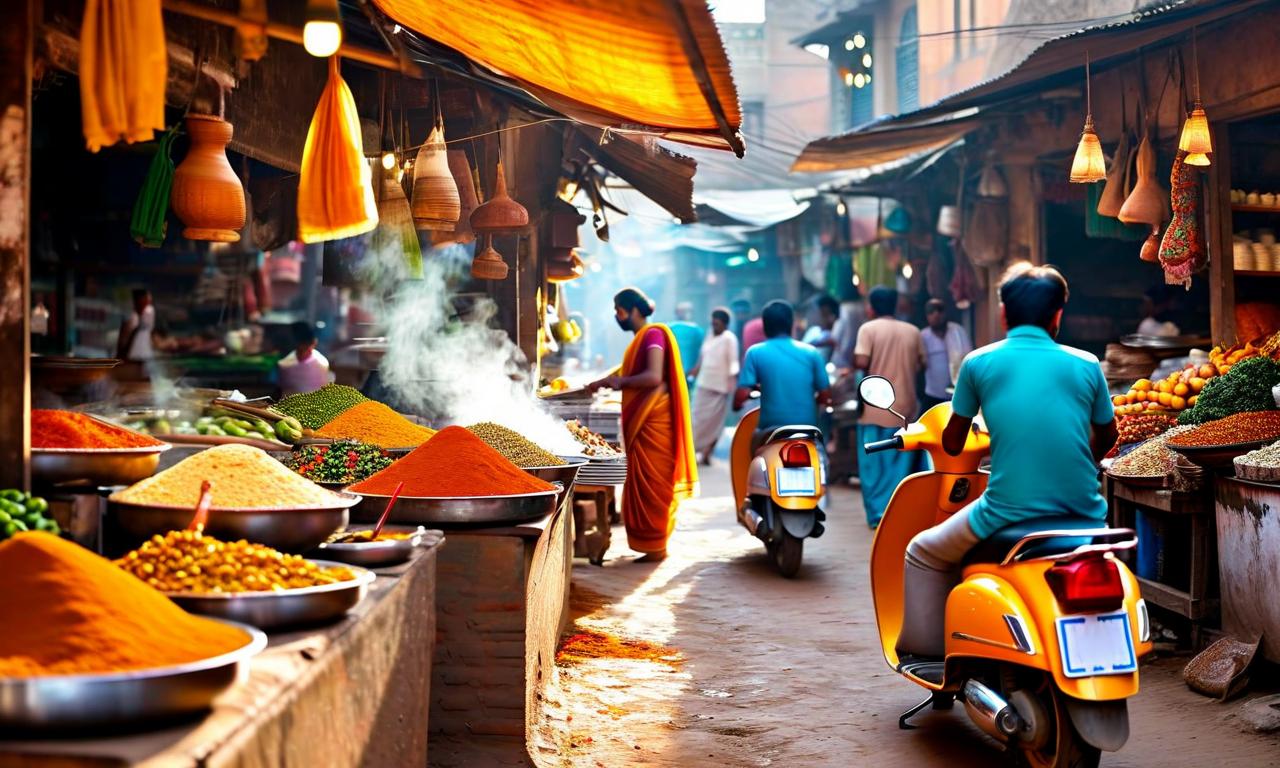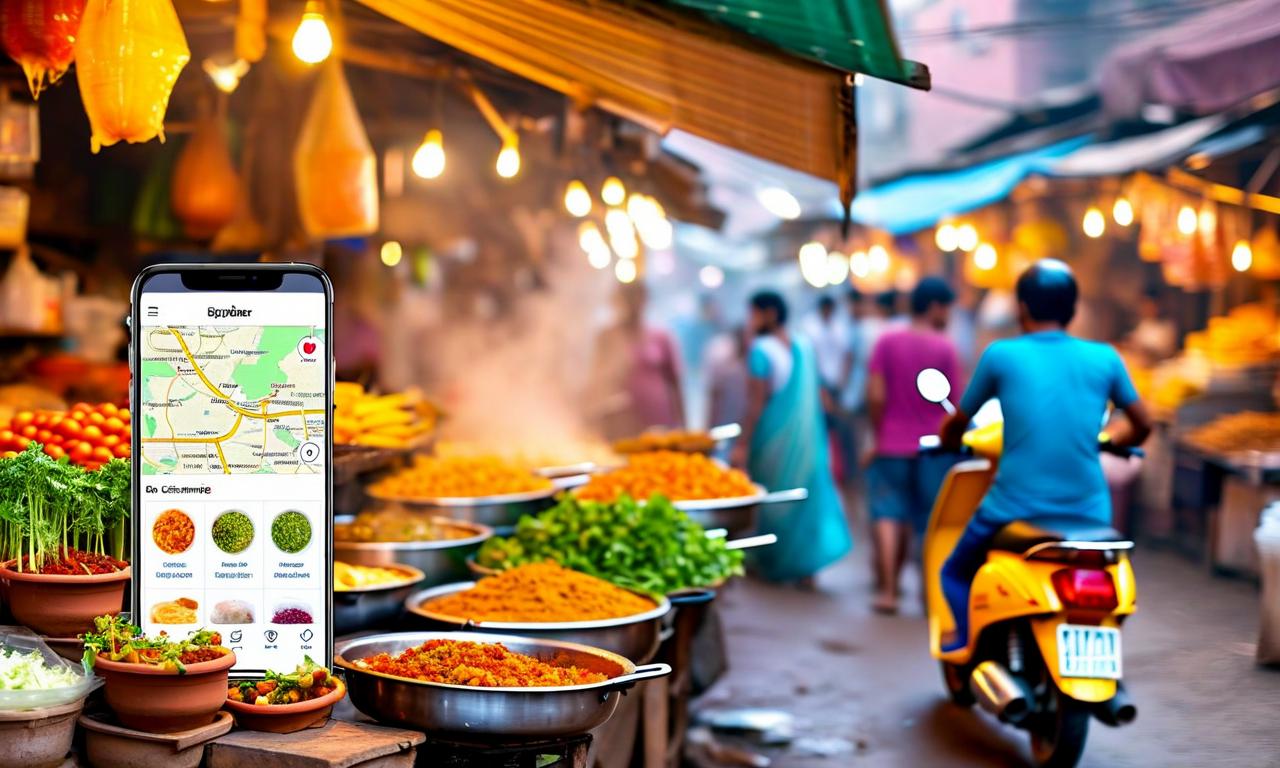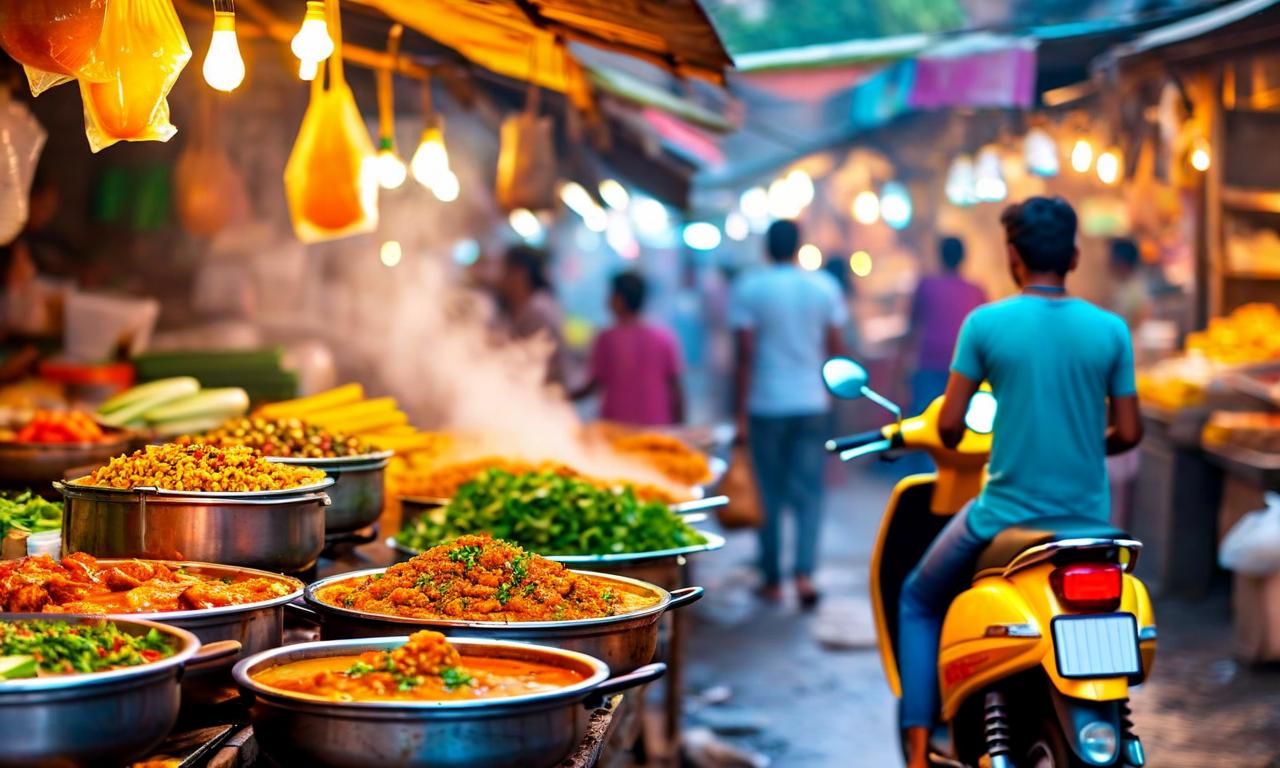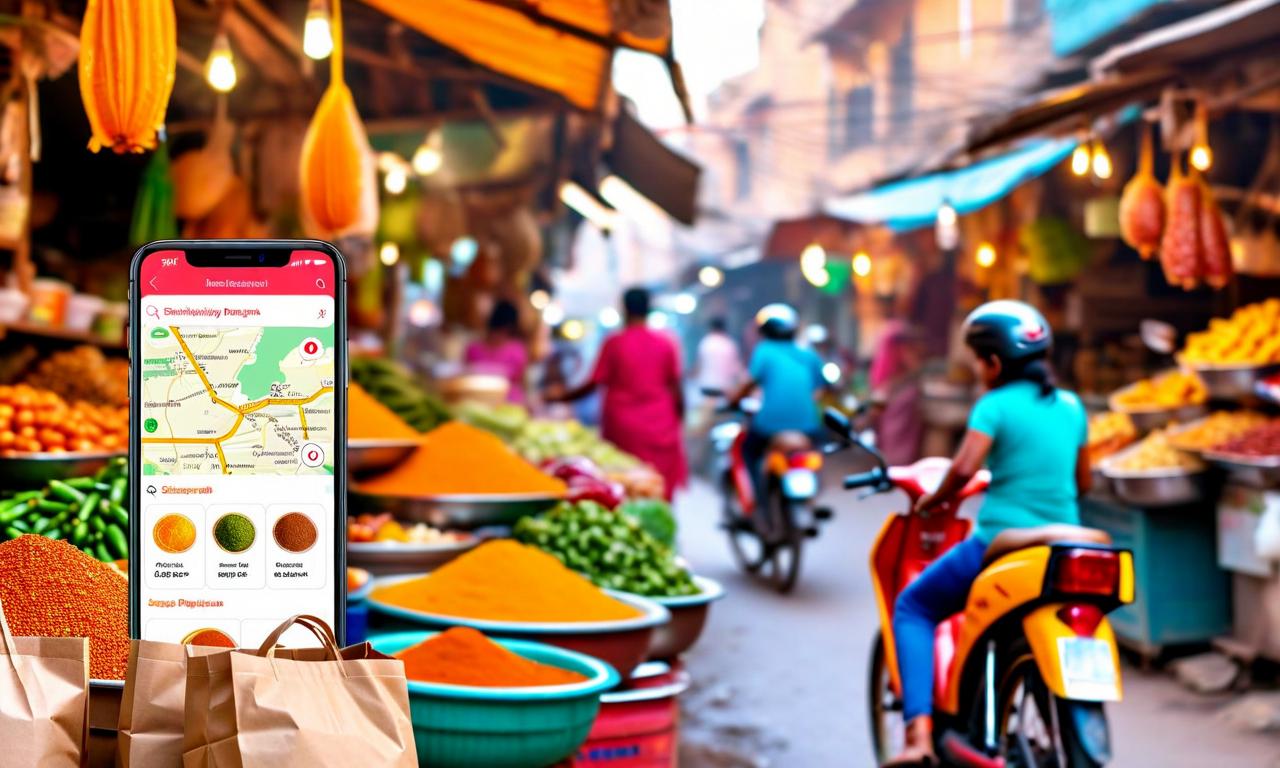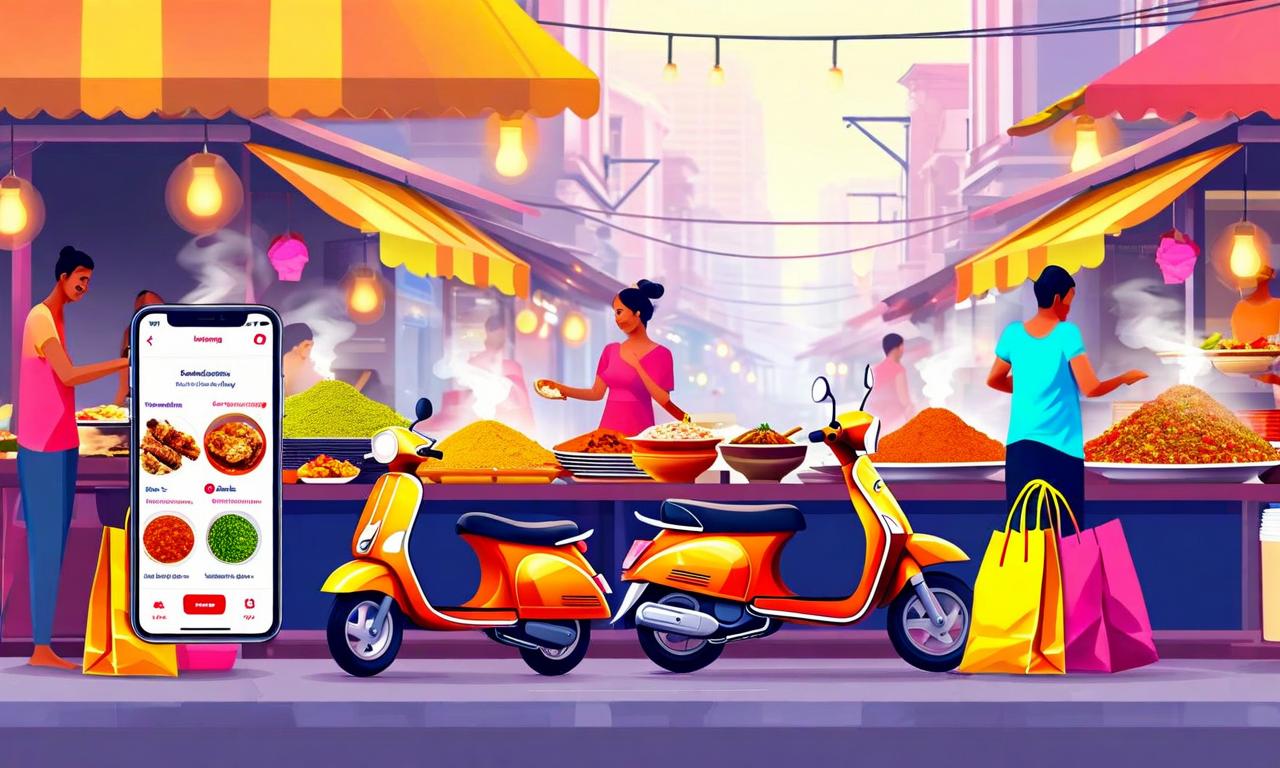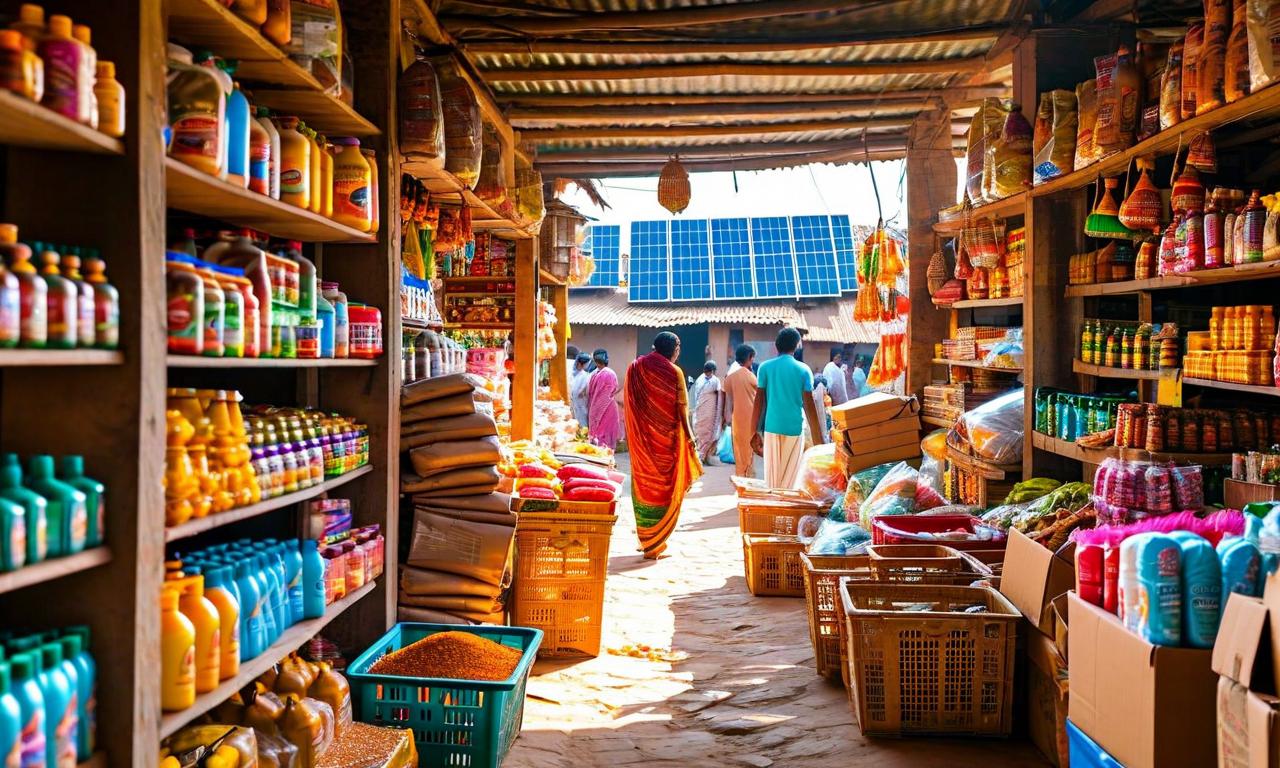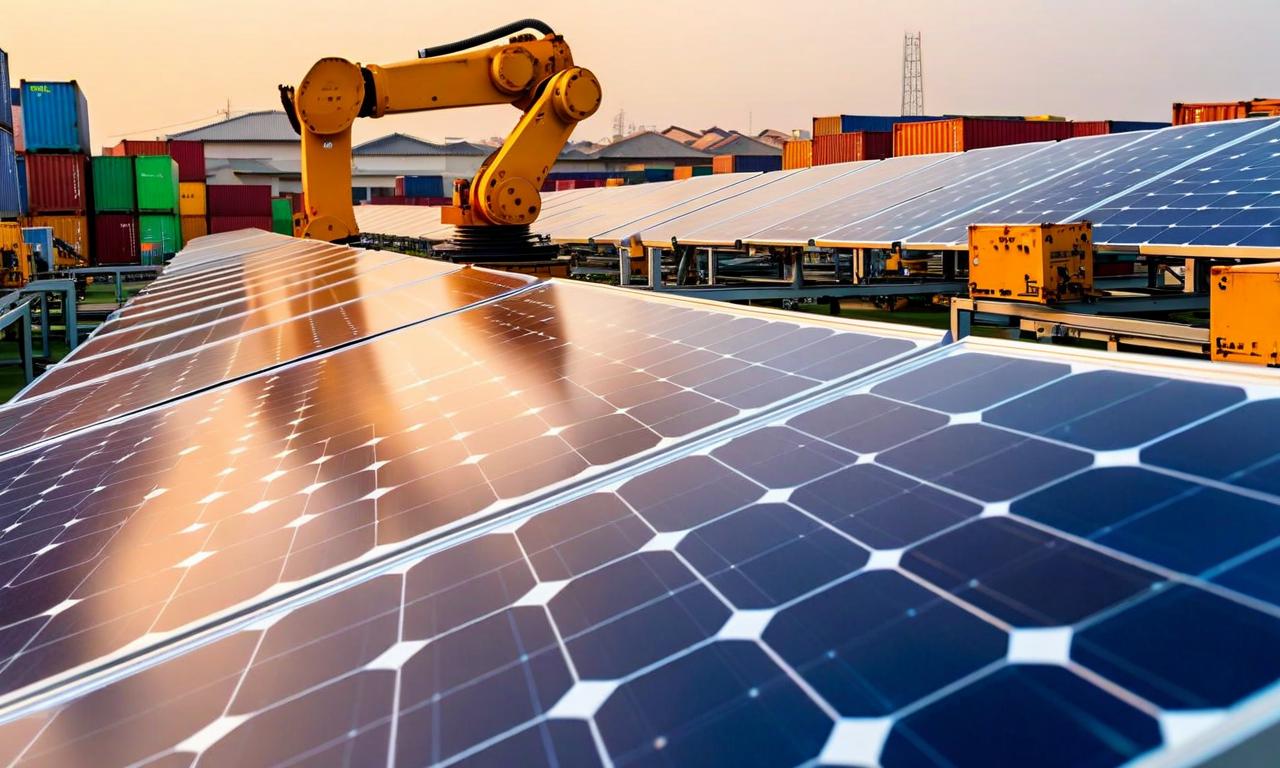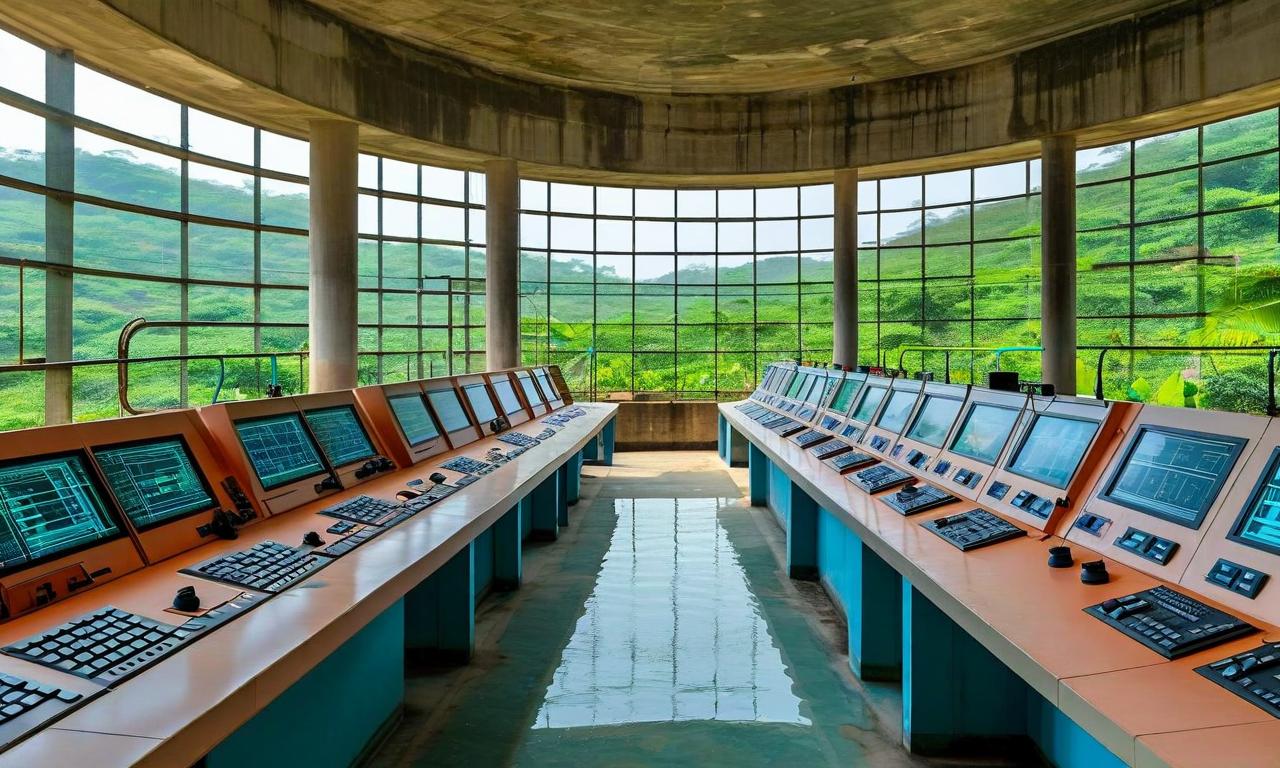Eternal Reports Strong Revenue Growth but Profit Dips in Q2 FY26
Eternal Limited (formerly Zomato) reported Q2 FY26 results with consolidated revenue up 183% YoY to INR 13,590.00 crore, but net profit down 63% to INR 65.00 crore. Quick commerce segment saw 756% growth, while food delivery grew 23%. Quick commerce achieved 137% YoY growth in net order value. Blinkit reduced losses to INR 156.00 crore. Food delivery profitability reached 5.3% of net order value. Stock gained 4% to hit 52-week high of INR 368.45.
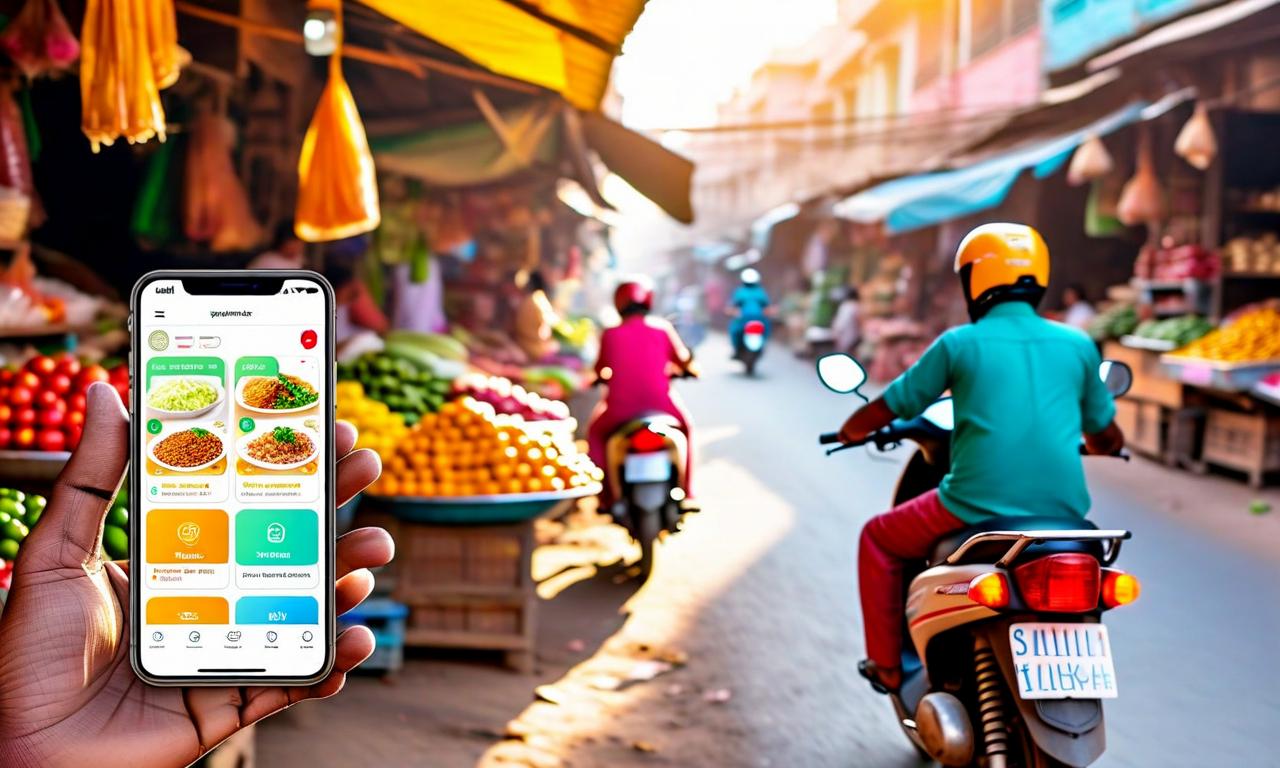
*this image is generated using AI for illustrative purposes only.
Eternal Limited, formerly known as Zomato, has reported mixed financial results for the second quarter of fiscal year 2026. The company saw a significant surge in revenue but experienced a decline in net profit compared to the same period last year.
Revenue Soars, Profit Declines
Eternal's consolidated revenue from operations jumped 183% year-on-year to INR 13,590.00 crore in Q2 FY26, up from INR 4,799.00 crore in Q2 FY25. However, the company's consolidated net profit fell 63% to INR 65.00 crore, down from INR 176.00 crore in the corresponding quarter of the previous year.
Segment Performance
The company's performance varied across its different business segments:
| Segment | Revenue (INR crore) | YoY Growth |
|---|---|---|
| Quick Commerce | 9,891.00 | 756% |
| Food Delivery | 2,483.00 | 23% |
| Hyperpure Supplies | 1,023.00 | -31% |
| Going Out | 189.00 | 27% |
The quick commerce segment, which includes Blinkit, showed exceptional growth, while the food delivery business maintained steady progress. The hyperpure supplies segment saw a decline, primarily due to the shift to inventory ownership in quick commerce.
Operational Highlights
- Quick commerce achieved a 137% year-on-year growth in net order value, marking its highest growth in 10 quarters.
- The company expanded its network by adding 272 stores and 39 lakh average monthly transacting customers.
- Blinkit reduced losses to INR 156.00 crore from INR 162.00 crore, with an improved adjusted EBITDA margin.
- Food delivery showed 14% year-on-year growth with profitability reaching an all-time high of 5.3% of net order value.
Market Response
The market responded positively to the results, with Eternal's stock gaining 4% to hit a 52-week high of INR 368.45.
Future Outlook
While the company has shown strong revenue growth, the decline in profits may be a point of concern for investors. Eternal's focus on expanding its quick commerce segment and improving profitability across all business units will be crucial for its future performance.
The company's transition to an inventory-led model in quick commerce and its impact on financial metrics will be an area to watch in the coming quarters. Additionally, the ongoing expansion of the store network and customer base in the quick commerce segment could be key drivers for future growth.
As Eternal continues to navigate the competitive landscape of food delivery and quick commerce, its ability to balance growth with profitability will be critical for long-term success.
